Moringa Tea: Health Benefits and Uses

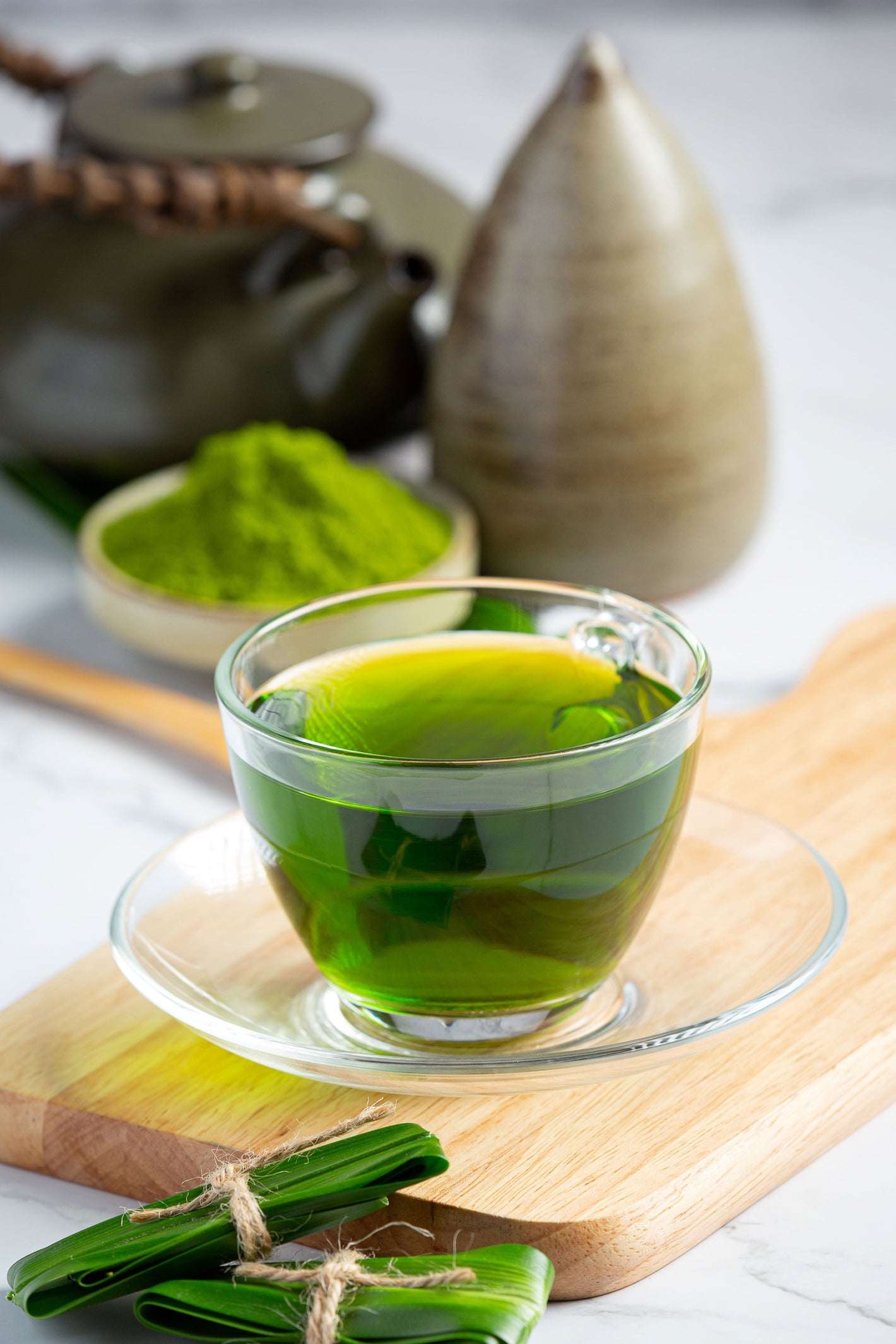
Related products
Moringa – What is it?
Moringa tree, scientifically known as Moringa oleifera, has garnered significant attention in recent years for its numerous health benefits. Moringa tree is native to the Himalayan regions of India and Africa where most people have been using it for centuries in the making of traditional medicines. Brewing moringa into tea is one of the most popular ways of consuming it. In the article below, we will discuss the nutritional importance of moringa along with its health benefits and uses.

What is the Nutritional Composition of Moringa?
The nutrient-dense properties of moringa makes it a superfood. The leaves of moringa tree are used in the making of moringa tea as they are rich sources of various vitamins and minerals. Enlisted below are the nutritional constituents of moringa leaves.
- Vitamin A – essential nutrient for strengthening the immune functions, improving vision and promoting the cell growth.
- Vitamin C – powerful antioxidant that relieves the oxidative stress and protect the immune system from damages along with supporting the skin health.
- Calcium – crucial element for the growth and maintenance of the bones and muscle functions.
- Potassium – essential mineral for regulating the cardiac muscles and skeletal muscle functions.
- Iron – vital mineral that promotes the production and circulation of blood and ensures adequate transport of oxygen at the cellular level.
- Proteins – provides all the essential amino acids that works in various body functions.
What are the Health Benefits of Moringa Tea?
Moringa leaves are rich sources of essential vitamins, antioxidants and minerals that offer numerous health benefits. Moringa leaves are used in the making of moringa tea that offers the following enlisted health benefits.
-
Antioxidant Properties
Moringa tea is loaded with antioxidants that lowers the oxidative stress and ensures protection from damages at the cellular level. Antioxidants found in moringa tea include chlorogenic acid and quercetin. Chlorogenic acid helps in keeping the blood sugar at moderate levels after taking a meal. Quercetin helps with lowering the blood pressure that reduces the load on cardiac muscle cells.
-
Anti-inflammatory Properties
Certain health conditions often involve prolonged period or chronic state of inflammations. These conditions include heart diseases, arthritis and cancers. The anti-inflammatory constituents of moringa tea, including isothiocyanates, works to reduce the ongoing inflammation in the body. Various research indicates that moringa tea is associated with lowering the inflammatory biomarkers in the body, thereby alleviating the symptoms of inflammation and its resultant health conditions.
-
Controls Blood Sugar Levels
Various research indicates the positive role of moringa tea in controlling the blood sugar levels that may alleviate the troubling symptoms of individuals with diabetes. A study conducted on diabetic individuals found that after taking 50 grams of moringa leaves, these individuals were tested and observed to have significantly reduced blood sugar levels. This benefit of controlling blood sugar is likely due to isothiocyanates and chlorogenic acid that helps with its regulation.
-
Regulates Blood Cholesterol Levels
High level of blood cholesterol is a significant risk and threat to cardiovascular health. Research conducted on animal models have suggested that moringa tea has the potential to lower the blood cholesterol levels and its effects are similar to the drugs taken for such purposes i.e., lipid lowering drugs. Research involving human subjects have also supported this statement and found that moringa tea can lower the low-density lipoprotein (LDL – the bad cholesterol) while maintaining or increasing the blood levels of high-density lipoprotein (HDL – the good cholesterol).

-
Better Liver Functions
Detoxification of the body is one of the main functions of the liver. The liver carries out the metabolism of nutrients to produce bile. In this process, it often takes a lot of damage and bears oxidative stress when the load of toxins is high such as in chain smokers, alcoholics, substance abusers or individuals taking medications for a long time to treat their chronic health conditions.
Interestingly, moringa tea has been found to protect the liver against the damages caused by oxidative stress and toxins. The moringa leaves used in the making of moringa tea contain high levels of polyphenols that reduces the fibrosis in the liver along with promoting the cell regeneration in this vital organ, thereby strengthening it to fight off the damages done to it.
-
Supports the Nervous System
Moringa tea is a rich source of antioxidants and enhancers of the neuronal cells and tissues such as vitamin C and E, which are crucial elements for the maintenance of the nervous system. These nutrients help with fighting against factors that cause neurodegenerative disorders (Alzheimer’s Disease) such as inflammation and oxidative stress in the neuronal cells. Research conducted on animal models also showed that moringa tea has the potential to enhance memory and defend against cognitive decline.
-
Promote Digestive Health
Moringa tea promotes the digestive health by enhancing the production and regulation of gut microbiota. The high fibre content in moringa leaves helps in the maintenance of bowel movements and prevents the occurrence of constipation or bloating. Moreover, the anti-inflammatory and antibacterial properties of moringa tea also helps with ensuring protection against the harmful ingested pathogens.
-
Promote Weight loss
Moringa tea is a useful addition to diet plans for weight management. It is low in calories and abundant in essential nutrients that protects from developing nutritional deficiencies in individuals limiting their food intake for weight loss. The antioxidant and anti-inflammatory properties of moringa tea also helps in mediating and boosting the metabolism and burning the excess fat to derive and meet the energy needs of the body.
-
Better Skin Health
Moringa tea contains antioxidants, vitamin A and C that are beneficial for the maintenance of skin elasticity and keeping it healthy. These nutrients help in repairing the damaged skin cells, enhances the production of collagen and elastin in the skin to reduce the signs of aging and maintain a healthy and uniform skin tone and complexion. The antibacterial and anti-inflammatory properties of moringa tea also ensures protection against developing skin irritation, inflammation or acne.
The health benefits of moringa tea mentioned above are backed by scientific evidence and many people around the world have enjoyed these health benefits. Moringa is available in the form of Moringa Supplements or Moringa Powder. Moringa Powder can be added to beverages, moringa tea, smoothies and sauces while moringa supplements are often taken on daily basis to get the desired health outcomes. Checkout Welzo’s variety of Moringa Powder and Supplements at affordable prices and quick delivery to your doorstep.
What are the Uses of Moringa Tea?
The numerous health benefits of moringa tea makes it ideal for everyday uses, as enlisted below.
-
Routine Beverage
A cup of moringa tea is safe for consumption everyday as it has health-boosting properties. Moringa tea can be enjoyed in the form of a hot or cold beverage. It is also a versatile base for various infusions due to its mild flavour.
-
Detox Drink
The detoxifying and liver-friendly properties of moringa tea makes it an ideal detox drink. It helps in flushing out the toxins and improve the metabolism by excreting the toxic free radicals and byproducts from the various metabolic reactions taking place in the liver.
-
Post Workout Muscle Recovery
Moringa tea helps with muscle recovery after an intense workout routine. The high protein and antioxidant content of moringa tea is essential for growth, buildup and recovery of the muscles after doing physical exercises.
-
Skin Toner
Moringa tea can also be used as a skin toner. It has anti-inflammatory properties that reduces the skin inflammation, provides relief from acne and promote healthy and glowing skin.
-
Immunity Boost
Regular consumption of moringa tea in the form of daily beverage ensures a strengthened immune system as it boosts the immunity. Vitamin A, vitamin C and other antioxidant constituents of moringa tea works together to combat the damages done to immune system and helps it recover faster and stronger. Taking a cup of moringa tea everyday during winters is particularly useful as it provides relief from flu when one is most susceptible to it.

-
Digestive Aid
Taking a cup of moringa tea after meals ensures smooth digestion and relieves the symptoms of bloating and indigestion. Moringa tea promotes the growth of gut microbiota to ensure maximum absorption of the consumed nutrients along with fighting off the harmful effects of ingested pathogens.
-
Hair Care
Moringa tea is also used to rinse the scalp hair. It strengthens the hair follicles to promote the growth of thicker and healthier hair. its nutrient-dense properties have the potential to nourish the scalp and prevent from dandruff.
What are the Steps to Make A Cup of Moringa Tea?
Enlisted ingredients below are required to make a cup of moringa tea.
- A handful of fresh moringa leaves or 1-2 teaspoons of moringa powder (dried leaves)
- 1 cup of water (boiling)
- Honey or lemon for flavour (optional)
Steps
- Place a teapot over the stove and boil a cup of water in it.
- Pour the boiled water into a bowl containing moringa leaves or powder. Let it seep for 3-5 minutes.
- Strain the leaves and pour the moringa tea into a cup.
- Add honey or lemon for flavour.
- Enjoy!
Individuals preferring a stronger tea must increase the duration of seeping or increase the quantity of moringa leaves to be used in the tea.
People Also Ask
What are the safety and precaution measures that must be taken before consuming moringa tea?
Moringa tea is generally safe for consumption for most people. However, individuals must be aware of the safety and precaution measures before incorporating it into routine so that unwanted health outcomes are best avoided.
- Pregnant females must avoid the consumption of moringa root and bark as their chemical constituents have the potential to cause uterine contractions that may lead to premature uterine contractions and other obstetric risks.
- The blood sugar lowering properties of moringa tea may lead to hypoglycaemia in individuals on diabetes medications. Such individuals must monitor their blood glucose levels timely, as advised by the health care expert.
- The chemical constituents of moringa tea have the potential to interact with certain medications such as blood thinners and those for thyroid disorders. It is essential to seek guidance from a healthcare expert on consumption of moringa tea in individuals that are already on medication for a certain health condition, to avoid adverse health outcomes due to medication interactions.
How long does it take to observe the health benefits of taking moringa tea?
The duration taken by moringa tea to show its promised health benefits depends on an individual’s health status, routine diet and consistency in taking this beverage. Generally, consumers of moringa tea often notice its health benefits within a few days to weeks that includes improved energy levels and smooth digestion. Significant benefits such as strengthened immunity, clear skin and reduced underlying inflammation may take a few weeks to months’ time before an individual notice these benefits. It is essential to adopt a healthier lifestyle and consume moringa tea on a regular basis to enjoy its health benefits.
Conclusion
Moringa tree, scientifically known as Moringa oleifera, has garnered significant attention in recent years for its numerous health benefits and brewing its leaves can make a nutrient-dense cup of moringa tea. Moringa tea is packed with essential nutrients such as vitamin A, C and E, antioxidants, iron, potassium, calcium and essential amino acids.
Moringa tea is loaded with antioxidants that lowers the oxidative stress and ensures protection from damages at the cellular level. The anti-inflammatory constituents of moringa tea, including isothiocyanates, works to reduce the ongoing inflammation in the body. The isothiocyanates and chlorogenic acid in moringa tea helps with blood sugar control in diabetic individuals. Moringa tea has the potential to lower the blood cholesterol levels and its effects are similar to the drugs taken for such purposes to lower the burden on cardiovascular system. Moringa tea has been found to protect the liver against the damages caused by oxidative stress and toxins and promotes cell regeneration to carry out the detoxification mechanisms efficiently.
This superfood has the potential to enhance memory and defend against cognitive decline by ensuring neuronal protection with its neuro-enhancing nutrients. It also promotes the digestive health by enhancing the production and regulation of gut microbiota. The uses of moringa tea include its intake as a routine beverage, detox drink, post workout muscle recovery, skin toner, immunity booster, hair care and digestive aid. Checkout Welzo’s variety of Moringa Powder and Supplements at affordable prices and quick delivery to your doorstep.



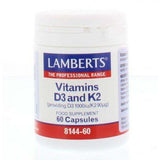




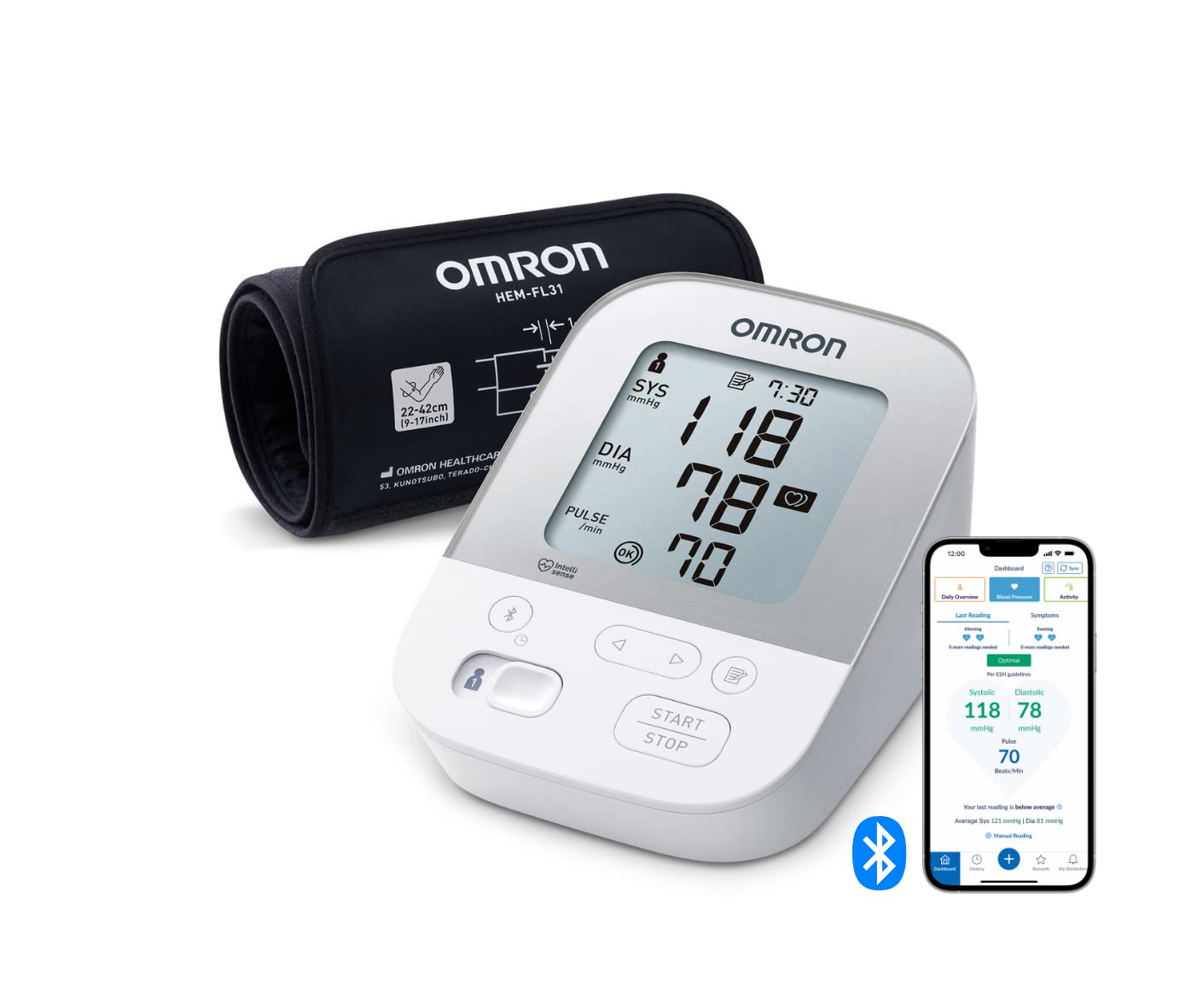
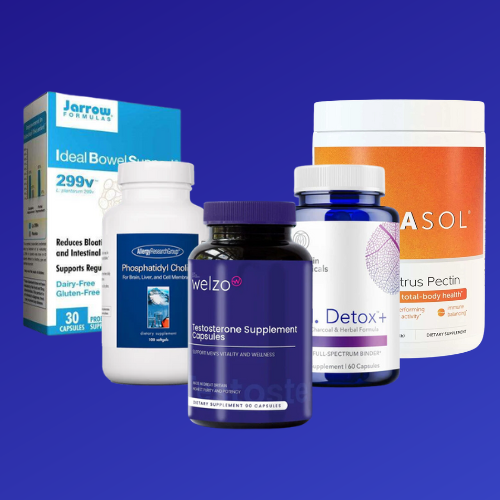


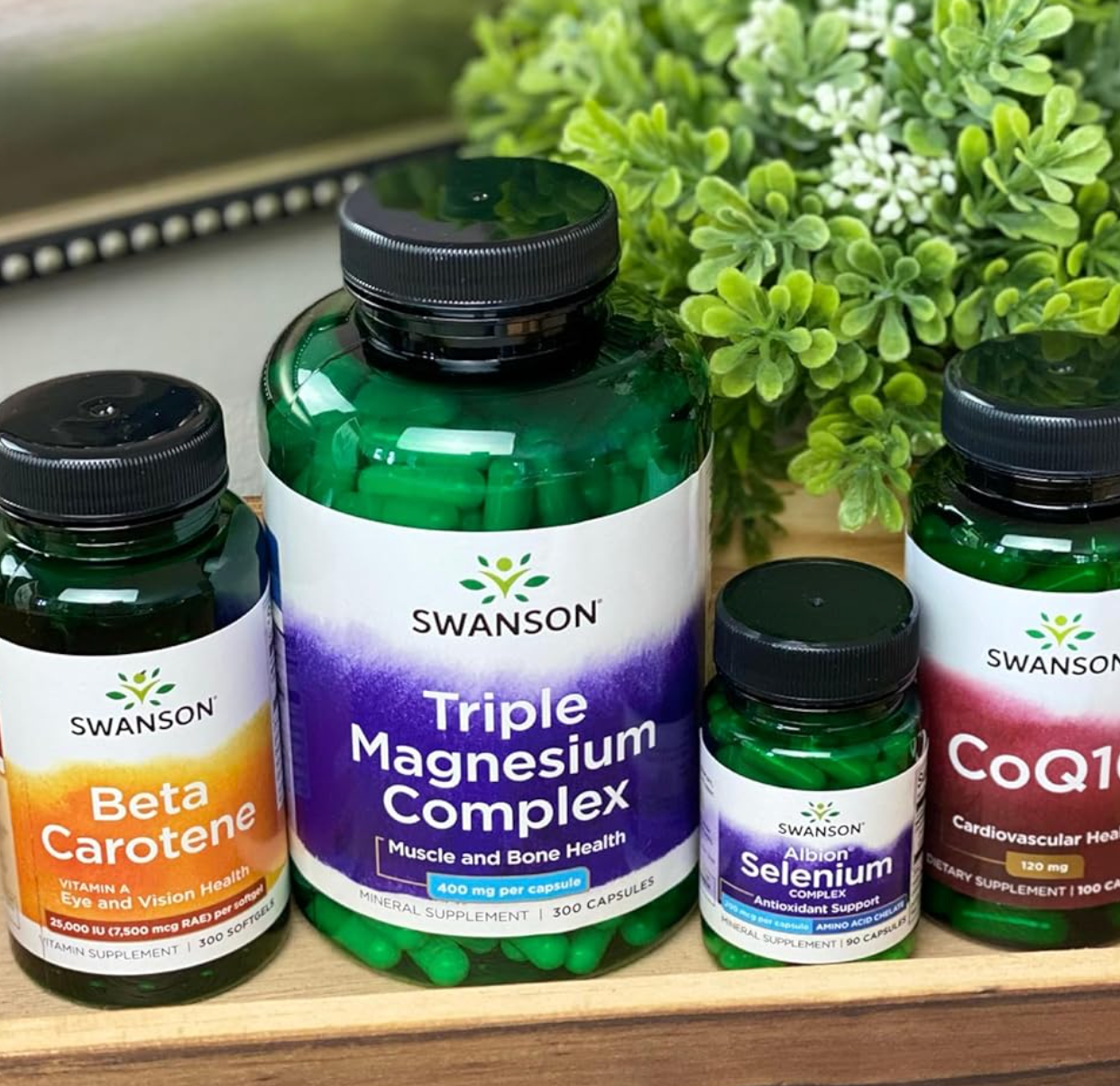
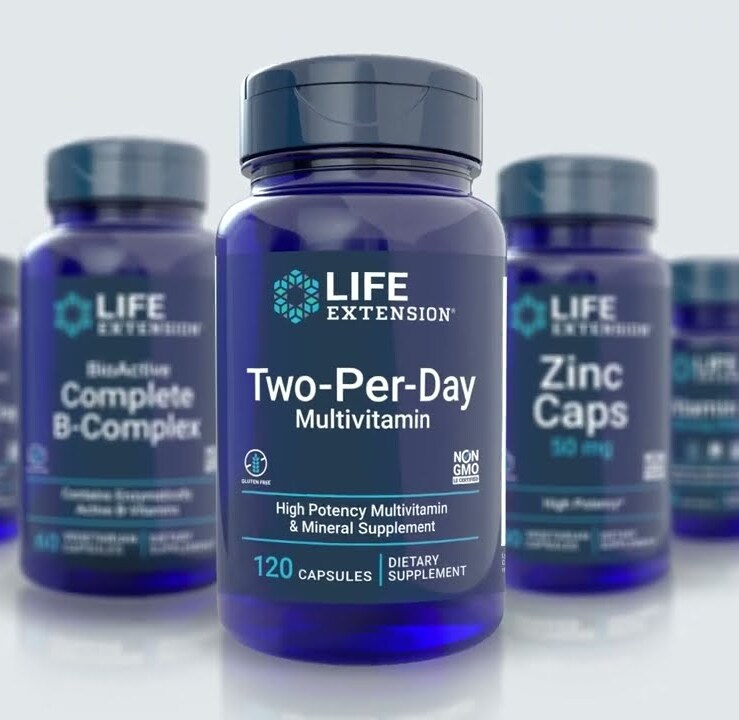
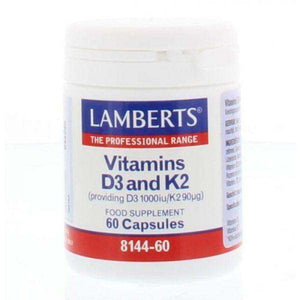

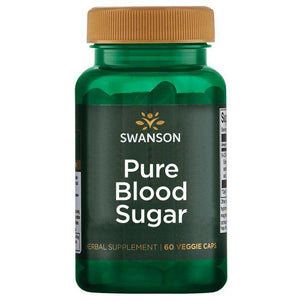







 Rated Excellent by 26,523+ Reviews
Rated Excellent by 26,523+ Reviews